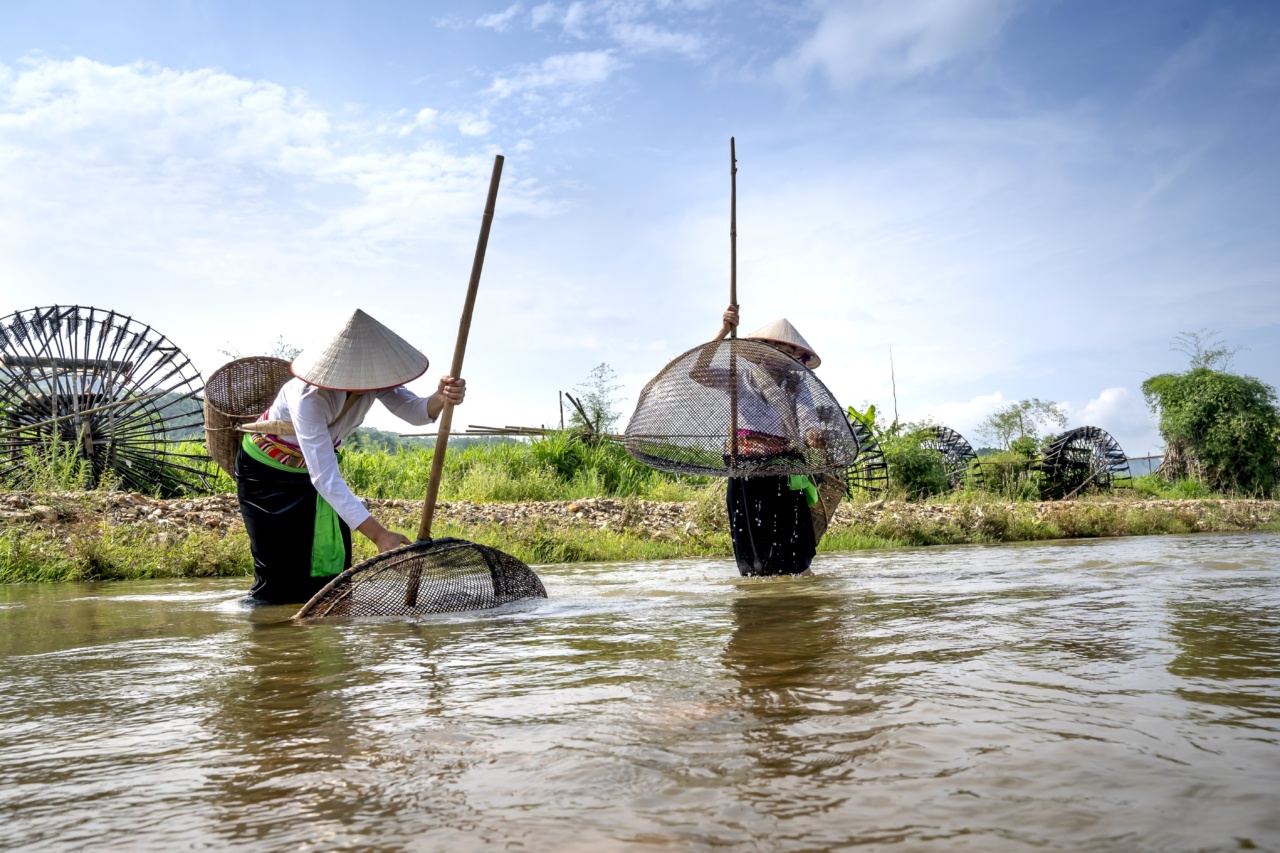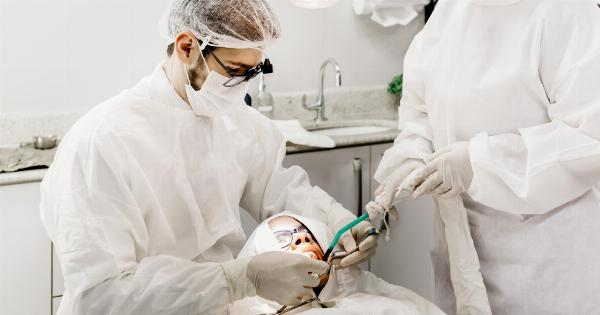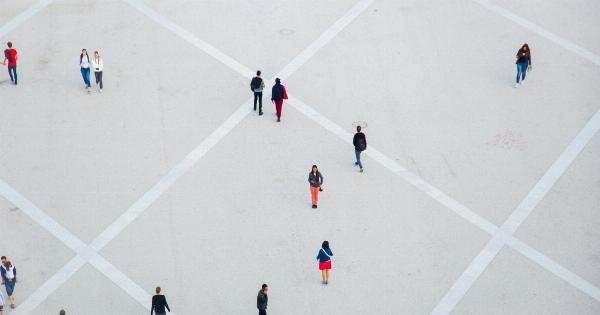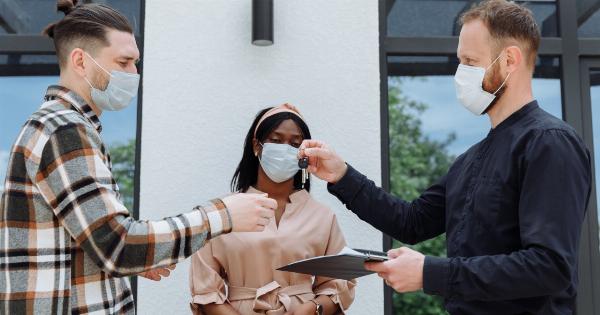Diabetes is a chronic disease that affects millions of people around the world. It is a condition that occurs when the body is unable to produce enough insulin or is unable to use insulin effectively.
Insulin is a hormone that helps regulate blood sugar levels in the body. Untreated diabetes can lead to serious health complications, including heart disease, kidney failure, and blindness. In many parts of the world, there is limited access to healthcare, and many people with diabetes go undiagnosed and untreated.
This is where Mickey and Goufi come in.
Who are Mickey and Goufi?
Mickey and Goufi are two community health workers who are passionate about improving health outcomes in their village. They are trained to identify, diagnose, and manage common health conditions, including diabetes.
They work closely with local healthcare providers to ensure that people with diabetes receive the care and support they need to manage their condition.
The Diabetes Epidemic in the Village
The village where Mickey and Goufi live has seen a sharp rise in diabetes cases in recent years. This is partly due to changes in lifestyle and diet, which have led to higher rates of obesity and physical inactivity.
Many people in the village also have limited access to healthy food and face other social and economic challenges that make it difficult to manage their health. Mickey and Goufi recognized the urgent need to address this problem head-on.
Building Awareness and Education
Mickey and Goufi knew that they needed to build awareness and educate their community about diabetes and how to prevent and manage it. They organized community meetings and workshops to raise awareness about the causes and consequences of diabetes.
They also provided information about healthy lifestyle choices that can help prevent diabetes, such as eating a balanced diet, engaging in regular physical activity, and avoiding smoking and excessive alcohol consumption.
Identifying People at Risk
One of the key roles of Mickey and Goufi is to identify people who are at risk of developing diabetes. They conducted screenings and assessments to identify people who had high blood sugar levels or other risk factors for diabetes.
They also worked with local healthcare providers to ensure that people with diabetes received proper diagnosis and treatment. For many people in the village, this was the first time they had received a diabetes diagnosis or learned about how to manage the condition.
Supporting Self-Management
Managing diabetes requires a lot of self-care and self-management. Mickey and Goufi recognized that many people in the village lacked the knowledge, skills, and resources to manage their condition effectively.
They provided education and support on topics such as monitoring blood sugar levels, taking medications as prescribed, and making lifestyle changes. They also helped connect people with diabetes to local support groups and resources, such as diabetes clinics and community health centers.
Collaborating with Healthcare Providers
Mickey and Goufi understood the importance of working closely with local healthcare providers to ensure that people with diabetes received the best possible care.
They collaborated with doctors, nurses, and other healthcare providers to share information and provide coordinated care. They also helped to ensure that people with diabetes received regular check-ups, blood tests, and other important health screenings.
The Impact of Mickey and Goufi’s Work
Mickey and Goufi’s work has had a significant impact on the health and well-being of people in the village. They have helped to raise awareness about diabetes and prevent many cases of the disease.
They have also supported people with diabetes to manage their condition effectively, reducing the risk of serious complications. Mickey and Goufi have become trusted members of the community, and their work has helped to build stronger relationships between community members and healthcare providers.
The Importance of Community Health Workers
Mickey and Goufi’s work highlights the critical role that community health workers play in improving health outcomes in underserved communities.
Community health workers are often the first point of contact for people with health concerns, and they play an important role in building trust and rapport with community members. They can provide education and support on a wide range of health issues, and they can help connect people to the resources and services they need to manage their health effectively.
Conclusion
Diabetes is a serious and growing health problem around the world. In many communities, there is limited access to healthcare and resources to manage the disease effectively.
Community health workers, such as Mickey and Goufi, play a critical role in addressing this problem. They can help raise awareness, identify people at risk, provide education and support, and collaborate with healthcare providers to ensure that people with diabetes receive the best possible care.
By working together, we can tackle the diabetes epidemic and improve health outcomes for all.































